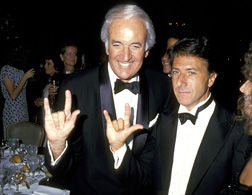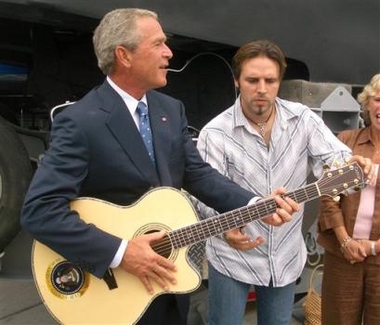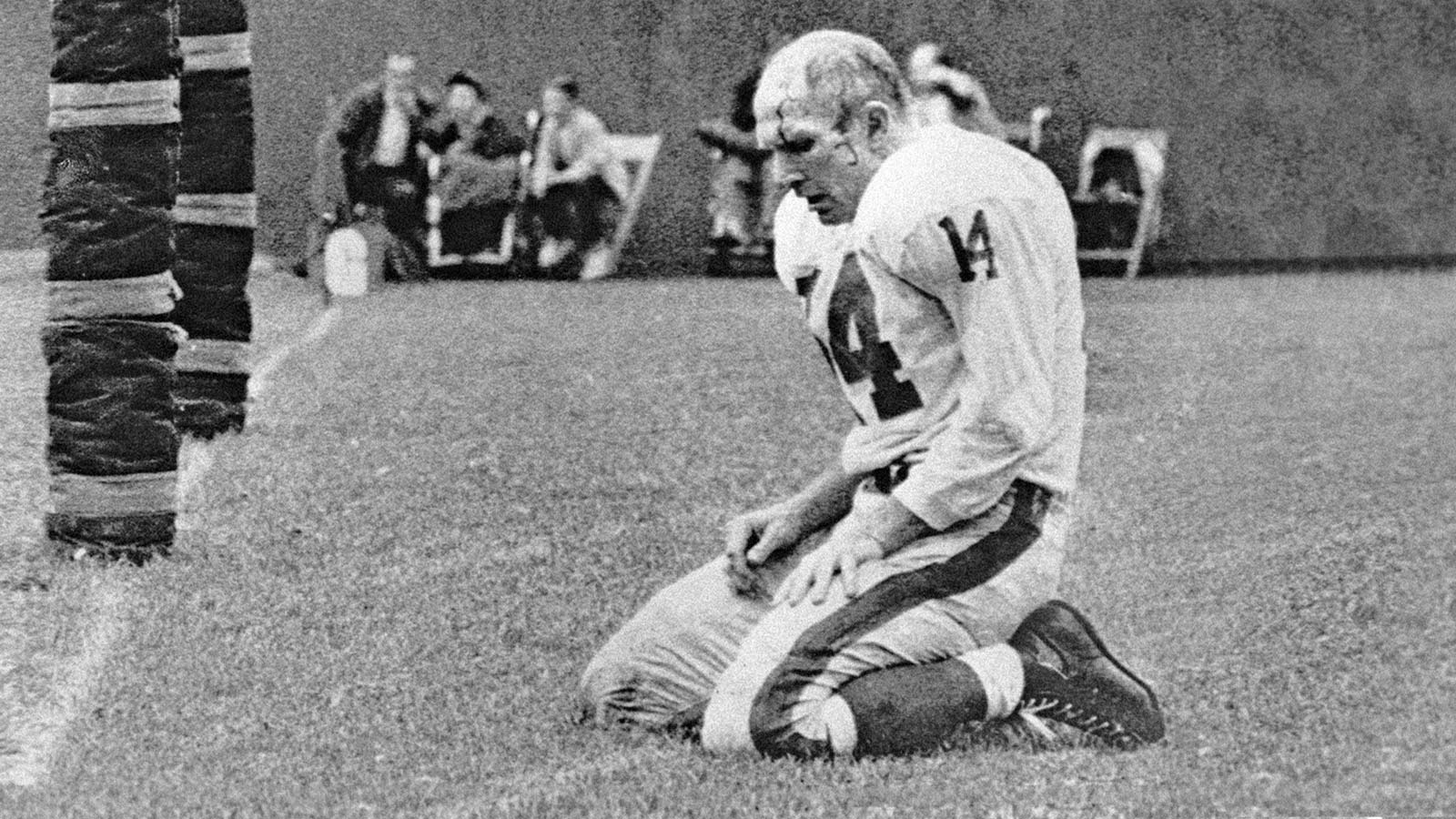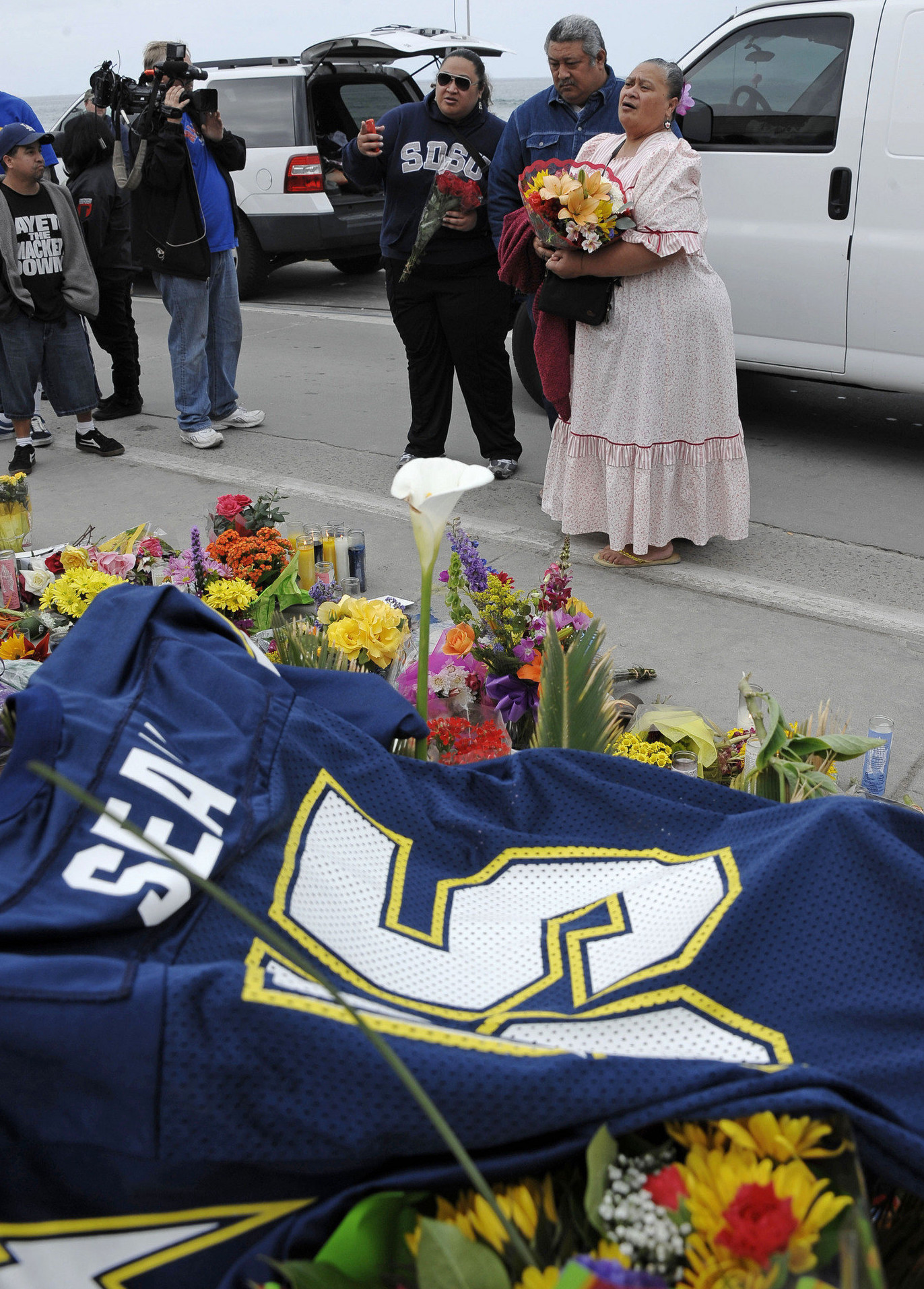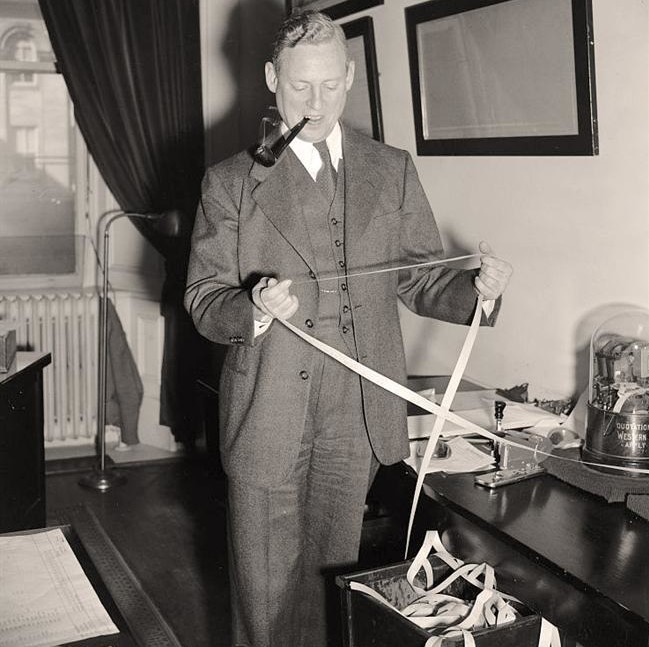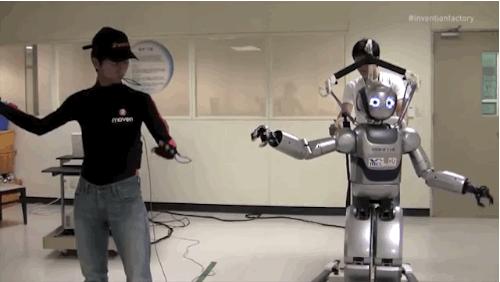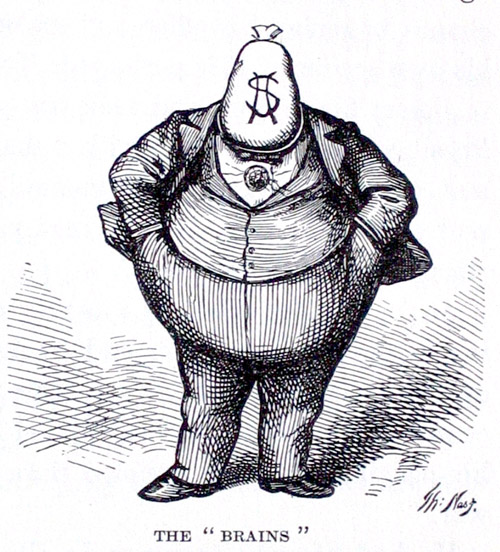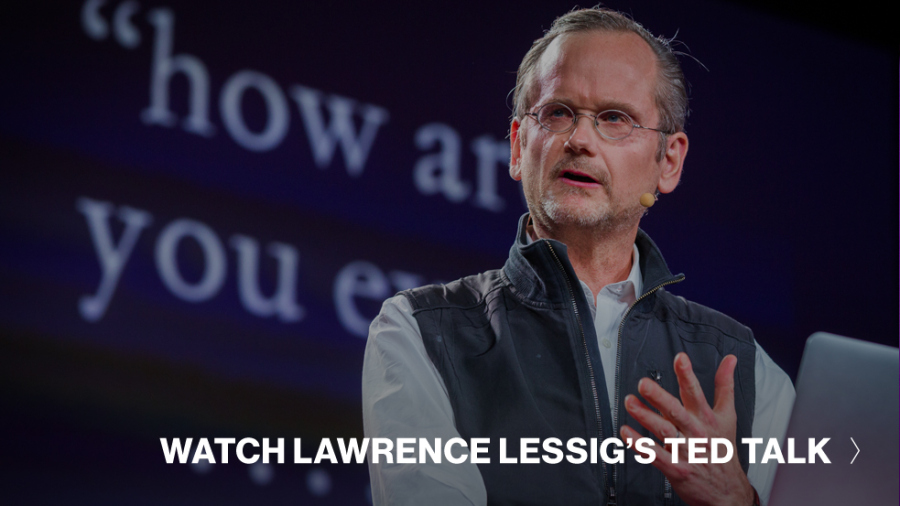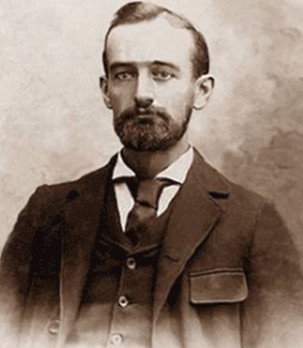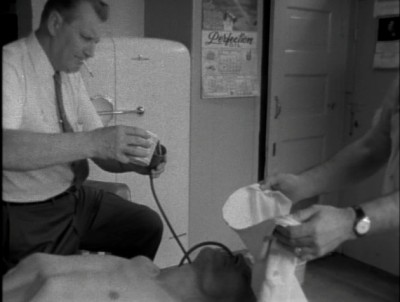The main difference between rich people and poor people is that rich people have more money.
That’s it, really. Those with wealth are just as likely to form addictions, get divorces and engage in behaviors we deem responsible for poverty. They simply have more resources to fall back on. People without that cushion often land violently, land on the streets. Perhaps they should be extra careful since they’re in a more precarious position, but human beings are human beings: flawed.
In the same ridiculously simple sense, homeless people are in that condition because they don’t have homes. A lot of actions and circumstances may have contributed to that situation, but the home part is the piece of the equation we can actually change. The Housing First initiative has proven thus far that it’s good policy to simply provide homes to people who have none. It makes sense in both human and economic terms. But it’s unpopular in the U.S. because it falls under the “free lunch” rubric, despite having its roots in the second Bush Administration. Further complicating matters is the shortage of urban housing in general.
In a smart Aeon essay, Susie Cagle looks at the movement, which has notably taken root in the conservative bastion of Utah, a state which has reduced homelessness by more than 90% in just ten years. An excerpt:
A new optimistic ideology has taken hold in a few US cities – a philosophy that seeks not just to directly address homelessness, but to solve it. During the past quarter-century, the so-called Housing First doctrine has trickled up from social workers to academics and finally to government. And it is working. On the whole, homelessness is finally trending down.
The Housing First philosophy was first piloted in Los Angeles in 1988 by the social worker Tanya Tull, and later tested and codified by the psychiatrist Sam Tsemberis of New York University. It is predicated on a radical and deeply un-American notion that housing is a right. Instead of first demanding that they get jobs and enroll in treatment programmes, or that they live in a shelter before they can apply for their own apartments, government and aid groups simply give the homeless homes.
Homelessness has always been more a crisis of empathy and imagination than one of sheer economics. Governments spend millions each year on shelters, health care and other forms of triage for the homeless, but simply giving people homes turns out to be far cheaper, according to research from the University of Washington in 2009. Preventing a fire always requires less water than extinguishing it once it’s burning.
By all accounts, Housing First is an unusually good policy. It is economical and achievable.•




